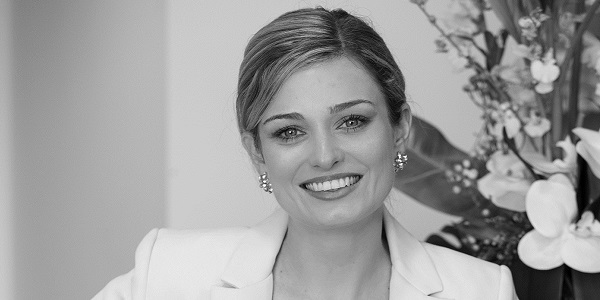Retailers this week may feel a little like drought-stricken farmers following a drenching, after the Australia Bureau of Statistics (ABS) released its retail trade report for November.
The nation enjoyed a rather robust jump of 1.2 per cent in total sales to $26.4 billion – three times the market forecast of 0.4 per cent – with household goods picking up 4.5 per cent in seasonally adjusted terms.
It’s safe to say the release of the much-anticipated iPhone X coupled with the successful Black Friday sales, can command a hefty dose of credit for such a stellar result, but Morgan Stanley has also dished out some good news for those in this sector like JB Hi-Fi, citing a healthy overall technology cycle also driven by large, flat panel TVs, drones and the iPhone X.
“Channel checks indicate that the overall retail environment improved significantly from early December and could be characterised as ‘strong but late’,” Morgan Stanley said late last week.
“In other words, retailers were nervous early — with some discounting — but consumers, as has been the trend, shopped late.”
Morgan Stanley has labelled JB Hi-Fi as a ‘best-in-class retailer’ with the ability to take advantage of department stores withdrawing from electronics, and paired with the very healthy technology addiction we all seem to have.
And it’s not alone – Gerry Harvey has claimed last year’s pre-Christmas spending as Harvey Norman’s best ever, and Deutsche Bank research analysts have backed up the positive sentiment, saying Amazon may take far longer to have an impact than initially thought.
It’s certainly an interesting result, considering the fervency of the ‘retail Armageddon’ chatter that dominated October and November, however, it’s by no means a sign any of us can rest on our laurels.
A report in the Sydney Morning Herald on Monday has flagged an entirely different alarm bell for retailers, which has absolutely nothing to do with Amazon’s arrival in Australia – Intel’s global head of retail, Jon Stine, is warning not just us, but retailers everywhere, that we’re entering a period of “accelerated Darwinian evolution”.
He says retailers’ futures hinge on being able to recognise just how dramatically consumers’ expectations have been altered by ecommerce, and that their normative expectation is the internet, where your details are saved on file, and where you can find out if a product is available at another store or in a different size – and if you can’t tell them instore what they expect online, you may as well give up and roll over.
But at the end of the day, this is nothing we don’t already know, as it’s really just common sense these days to make sure we’re giving customers what they want and what they expect.
And this year, we certainly have some incredible data analytics tools at our disposal to make this happen.
It’s all about streamlining – 2018 will be all about streamlining the consumer interface, with consistent and consumer-friendly omni-channel networks, and the fastest, most reliable fulfilment channels ever possible.
On that note, I can’t finish without mentioning that Australian icon of fashion, Cue – the little store that opened in Sydney’s Strand Arcade back in 1968, that’s still owned by the family who founded it, and still makes most of its clothes in Australia.
The Australian-founded, Australian-owned and predominantly Australian-made brand is one of our greatest success stories. It’s weathered five decades of social change, and built itself into an icon by being a leader, with forward-thinking, innovative team members who recognise tomorrow’s trends, today.
And in true Cue style, it’s just become the first major bricks and mortar retailer in the nation to offer free three-hour delivery right across Australia.
We can’t wait to see what else 2018 has in store!
Have a great week.
Dominique Lamb, CEO.


